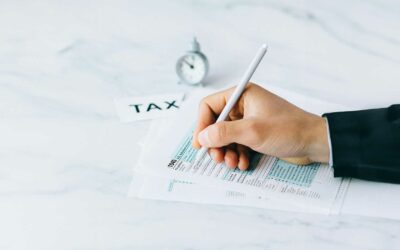SIPPs Explained

SIPPS – Self-Invested Personal Pensions – can provide an alternative to a conventional pension. We take a look at SIPPS, and what they could mean for you and your retirement plans.
The money you pay into your pension is of course not simply held by your pension provider until you retire. It is invested for growth.
But if you are an investor yourself, you may be frustrated by the decisions made by investment managers, if you even know what they are. You may even feel that you could do better.
Some personal pensions and stakeholder pensions do let you choose your own investments, though most will expect you to make a choice from a relatively narrow range of funds.
A SIPP, goes very much further. It is a type of pension that lets you choose all your own investments see how it’s doing online at any time and make changes whenever you like.
Being in control of your SIPP also means responsibility. You’ll need to be comfortable making your own investment decisions, and you ‘ll need to be fully aware of the risks.
There is always risk with investing. The value of your investments can go down as well as up, so you could get back less than you put in.
If you feel comfortable with risk and believe that you could be wealthier if you followed your own investment plans, it might be worth finding out more about what a SIPP can do for you.
SIPPs have tax advantages like other personal pensions
SIPPs offer just the same tax advantages as other personal pensions. As long as you are a UK resident under 75 you can save in a pension and receive tax relief. You pay in what you can afford, and the government pays in an extra 20% in basic-rate tax relief. If you pay a higher rate of tax, you’ll usually be able to claim back even more through your tax return, although your relief will taper off if you earn more that £150,000. Once it’s in your SIPP, your money can simply grow free from UK tax.
Greater freedom on how you invest
Traditional personal pensions may offer some choice about how you invest, with perhaps a dozen or so funds to choose from.
In a SIPP you have a wide choice of investments, including funds, shares, investment trusts and more. Many people choose stock market investment. Because SIPPs are designed for long-term investing, it can often mean time to ride out any short-term falls and allow you to benefit from the underlying growth.
Other SIPP investors invest in managed Funds, OEICs and unit trusts and property and land, although usually not residential property. A SIPP can even form the basis of a leveraged investment. A SIPP can raise a mortgage to part-fund the purchase of a property which can be rented out. The rental income, received by the SIPP, can be used to service the mortgage repayments and the costs of running the property.
Because of the tax advantages of a pension, this type of investment can be particularly rewarding as a SIPP.
What are the drawbacks?
Not all SIPPs will allow you to invest in the full range of investments, and SIPPs that hold specialist investments such as property may have higher charges than schemes that only hold mainstream investments.
But the main drawback for most people is the responsibility. If something goes wrong with your SIPP investments, you will have no-one to blame but yourself. Getting professional advice at every stage is essential.
Finding out more
At Continuum, we can provide the professional advice you need if you are considering setting up a SIPP. We can look at the scope of your investments to help meet your retirement needs.
The value of your pensions and investments, and the income they produce, can fall as well as rise and you may get back less than you invested.
Tax treatment varies according to individual circumstances and is subject to change.
Book a free initial consultation
Book an initial consultation with one of our independent financial advisers or call us on 0345 643 0770 if you would like to discuss further.
Sources:
pensionadvisoryservice.org.uk – Self-invested personal pensions



